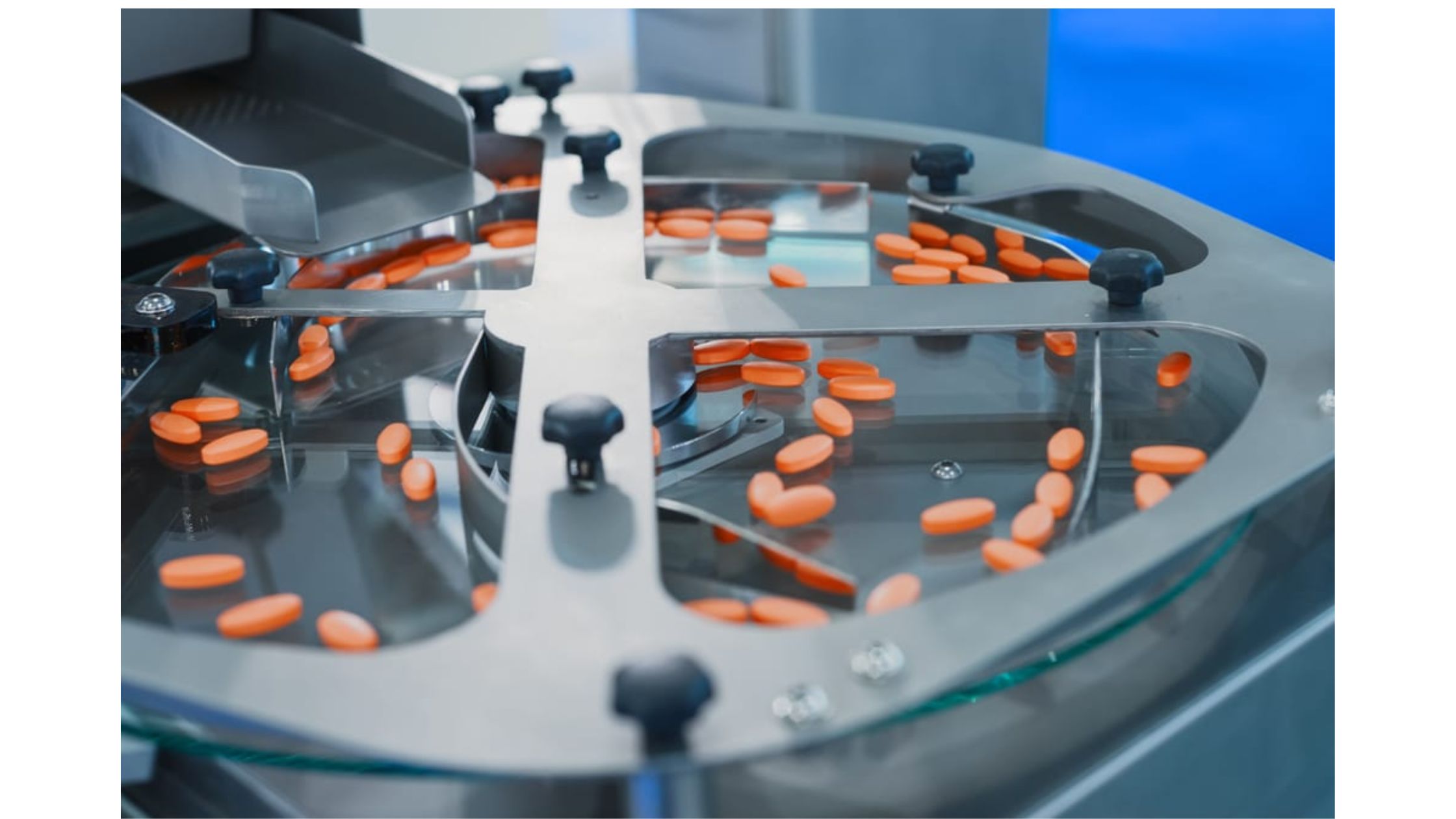Tablet manufacturing is a complex process that involves precision, consistency, and the right technology. In the nutraceutical industry, brands like Nutra Best rely on advanced machinery to deliver quality and efficiency. Choosing the right tablet manufacturing solutions ensures that supplements meet health standards, look appealing, and remain cost-effective.
In the second stage of production, tablet manufacturers use specialized tablet manufacturing solutions to compress raw materials into solid forms. The machinery selected plays a key role in determining the final product’s quality.
Why Machines Matter in Tablet Manufacturing
The success of a tablet product often depends on the type of equipment used during production. Whether it’s for dietary supplements or multivitamins, the machines must support high throughput, accurate dosing, and uniform quality. For companies like Nutra Best, the right machinery ensures consistency and compliance with industry regulations.
Advanced machines make it easier to produce large quantities without compromising on quality. These machines also maintain dosing precision—an essential feature in the health and wellness sector.
Key Machines Used in Tablet Manufacturing Solutions
Here’s a breakdown of the most essential machines used in tablet production:
1. Powder Mixer (Blender)
Before tablet pressing begins, the active ingredients and excipients must be uniformly blended. Powder mixers ensure the right distribution of ingredients, preventing dosage errors.
-
Common types: V-blenders, ribbon mixers, and double-cone blenders.
-
Function: Provide a homogeneous powder mix to guarantee each tablet contains the same amount of active ingredient.
2. Granulator
Sometimes, powders need to be granulated to improve flow and compressibility. Granulators convert powders into uniform granules using wet or dry processes.
-
Types: Wet granulators use a liquid binder, while dry granulators rely on mechanical force.
-
Importance: Granulation enhances the physical properties of powders for better tablet formation.
3. Tablet Press Machine
This is the core of tablet manufacturing. A tablet press machine compresses granulated material into uniform tablets.
-
Single-punch press: Suitable for small batches or R&D.
-
Rotary press: Ideal for large-scale production, pressing thousands of tablets per minute.
-
Benefits: Delivers uniform size, weight, and shape for each tablet.
4. Tablet Coating Machine
After pressing, tablets often need a protective or flavored coating. Coating machines apply a film or sugar layer for better appearance, taste, or delayed release.
-
Film coating: Thin layer, often used in nutraceuticals.
-
Sugar coating: Thicker and more traditional, usually for chewable tablets.
-
Purpose: Improve swallowability, protect active ingredients, and enhance shelf life.
5. Tablet Deduster
Once tablets are pressed, they carry residual powder. A deduster gently removes this excess material without damaging the tablets.
-
Function: Ensures a clean final product ready for packaging.
-
Advantage: Prevents tablet sticking and machine clogging during packaging.
6. Metal Detector
Safety is essential in tablet production. Metal detectors ensure that no metal particles contaminate the tablets during manufacturing.
-
Placement: Usually installed before the packaging line.
-
Goal: Protect consumers and comply with safety regulations.
7. Packaging Machine
Once quality checks are complete, tablets move to the packaging stage. Automatic blister packing or bottle-filling machines handle this step.
-
Blister machines: Pack tablets in sealed cavities for single-dose use.
-
Bottle fillers: Common for bulk packaging in health supplement industries.
Benefits of Automated Tablet Manufacturing Solutions
Automation is a game changer in tablet production. Brands like Nutra Best utilize automated systems to minimize human error and boost production speed.
Increased Efficiency
Automation significantly reduces manual labor while maintaining a high output rate. It allows manufacturers to meet demand without sacrificing quality.
Consistent Quality
Automated systems follow programmed settings, ensuring every batch is consistent. From mixing to packaging, quality control is built into each stage.
Lower Costs Over Time
Though automated machines require investment, they pay off in the long term by reducing waste, increasing speed, and minimizing labor needs.
Understanding Industry Standards for Tablet Manufacturing
Explore how regulatory standards like cGMP and FDA guidelines impact machine selection and production quality in tablet manufacturing solutions.
Comparing Manual vs. Automated Tablet Manufacturing Machines
Learn the key differences between manual and automated systems and how automation improves efficiency, consistency, and scalability.
How Nutra Best Uses Tablet Manufacturing Solutions
At Nutra Best, the manufacturing process includes all the essential machines mentioned above. Every step is optimized for quality, safety, and compliance.
Custom Formulation Support
Nutra Best uses advanced mixing and granulation systems to support custom supplement blends for different markets.
Scalable Production
From small-batch production to large-scale runs, their rotary tablet presses and coating machines are ready for any size order.
Quality Assurance
Metal detectors, dedusters, and in-process controls help ensure every tablet meets strict quality standards before it’s packaged and shipped.
Final Thoughts on Choosing the Right Machines
Choosing the best tablet manufacturing solutions is critical for producing safe, effective, and appealing tablets. Each machine has a specific role in the process from mixing and granulation to pressing and packaging. Companies like Nutra Best rely on these technologies to stay ahead in a competitive market.
Whether you’re starting a supplement brand or looking to improve your existing operations, investing in reliable machines ensures better results and long-term success.
Here, you can find more articles.
